Im trying to write an Azure function which has an Event Grid output binding, how do I configure it to use a manage identity instead of the topic key ?
[Function("TestEventGrid")]
[EventGridOutput(TopicEndpointUri = "MyEventGridTopicUriSetting", TopicKeySetting = "MyEventGridTopicKeySetting")]
public async Task<MyEvent> Run([HttpTrigger(AuthorizationLevel.Anonymous, "post")] HttpRequestData req)
{
return await Task.FromResult(new MyEvent
{
Id = "123",
Subject = "sub",
EventType = "myevent",
EventTime = DateTime.Now,
Data = new TestData(),
DataVersion = "1.0"
});
}
